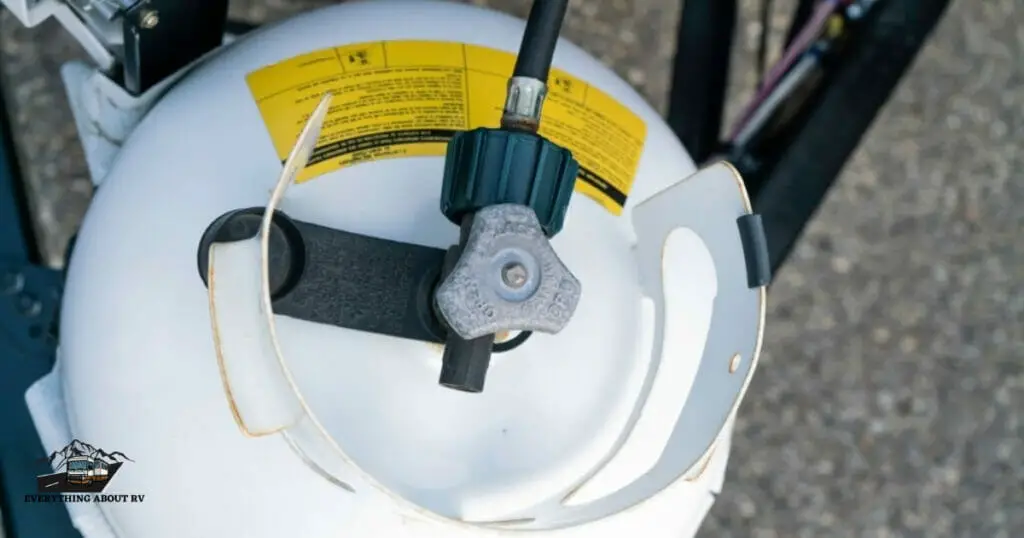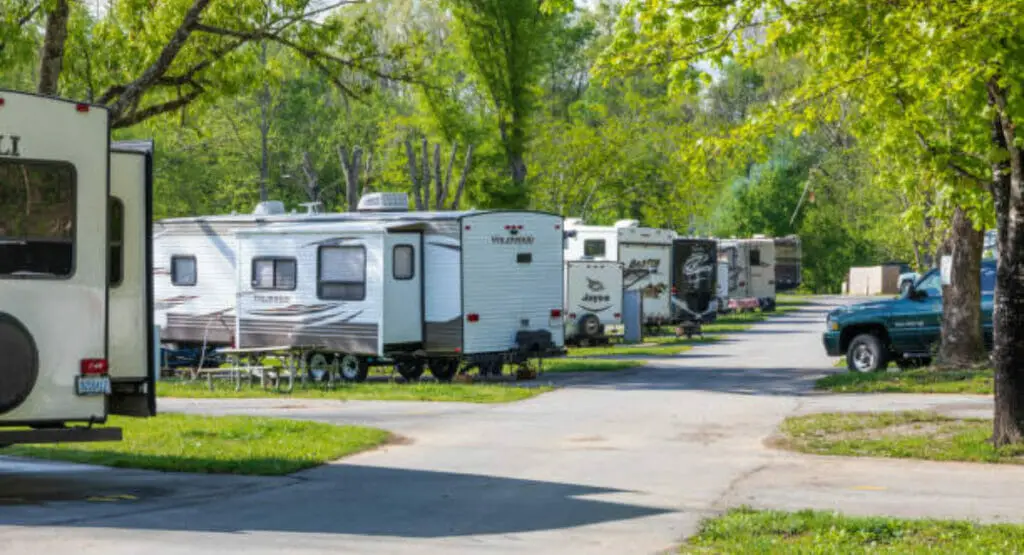If you own an RV, you’ve probably heard the loud and sometimes irritating sound of a propane alarm going off. While propane alarms are necessary for safety, there may be times when you need to turn them off temporarily. In this article, we’ll walk you through the steps of disabling a propane alarm in an RV, giving you peace of mind during those stressful moments. Please keep in mind that safety should always come first and that you must carefully follow these steps.
1. Identify the Propane Alarm Location
The first step in turning off your RV’s propane alarm is to locate its location. Propane alarms are usually installed in a central location, such as the living room or kitchen. Take a moment to listen and figure out where the alarm is coming from.
2. Access the Alarm Unit
You’ll need to gain access to the unit once you’ve located the propane alarm. In most cases, the alarm is screwed or glued to the wall or ceiling. To remove the alarm unit from the mounting surface, carefully remove the screws or detach the adhesive.
3. Identify the Alarm Power Source
After you’ve removed the alarm unit, you’ll need to find its power source. Batteries are typically used to power propane alarms in RVs. Look for a battery compartment or wires that are connected to the alarm system. The alarm may be directly wired to the RV’s electrical system in some cases.
4. Turn off the power source
You must disconnect the power source to turn off the propane alarm. Remove the batteries from the compartment if the alarm is battery-powered. If the alarm is wired into the RV’s electrical system, locate and turn off the circuit breaker or fuse that controls the alarm.
5. Confirm Alarm Deactivation
It is critical to ensure that the propane alarm has been deactivated after disconnecting the power source. If necessary, reassemble the alarm unit and listen for any indications of the alarm sound. If the alarm remains silent, it means the deactivation was successful.
6. Address the Problem
Once you’ve temporarily turned off the propane alarm, you must address the underlying problem. Propane alarms detect potentially hazardous levels of propane gas. If the alarm goes off, it could indicate a gas leak or another safety issue. Before turning on the alarm again, take the necessary steps to identify and correct the problem.
7. Seek Professional Assistance
If you are unsure about the cause of the alarm or if it continues to sound even after it has been deactivated, it is best to seek professional help. RV service technicians are familiar with propane systems and can assist you in diagnosing and resolving any problems you may be experiencing.
Conclusion
Understanding how to deactivate a propane alarm in an RV is critical for temporary deactivation in non-emergency situations. You can safely and effectively turn off the alarm by following the steps outlined above. However, keep in mind that propane alarms are critical for your safety, and any issues should be addressed as soon as possible by a professional. To ensure a safe and enjoyable travel experience, prioritize regular maintenance and inspection of your RV’s propane system.
Remember that safety should always be your first priority, and never hesitate to seek the advice of a professional when dealing with propane-related issues in your RV.



